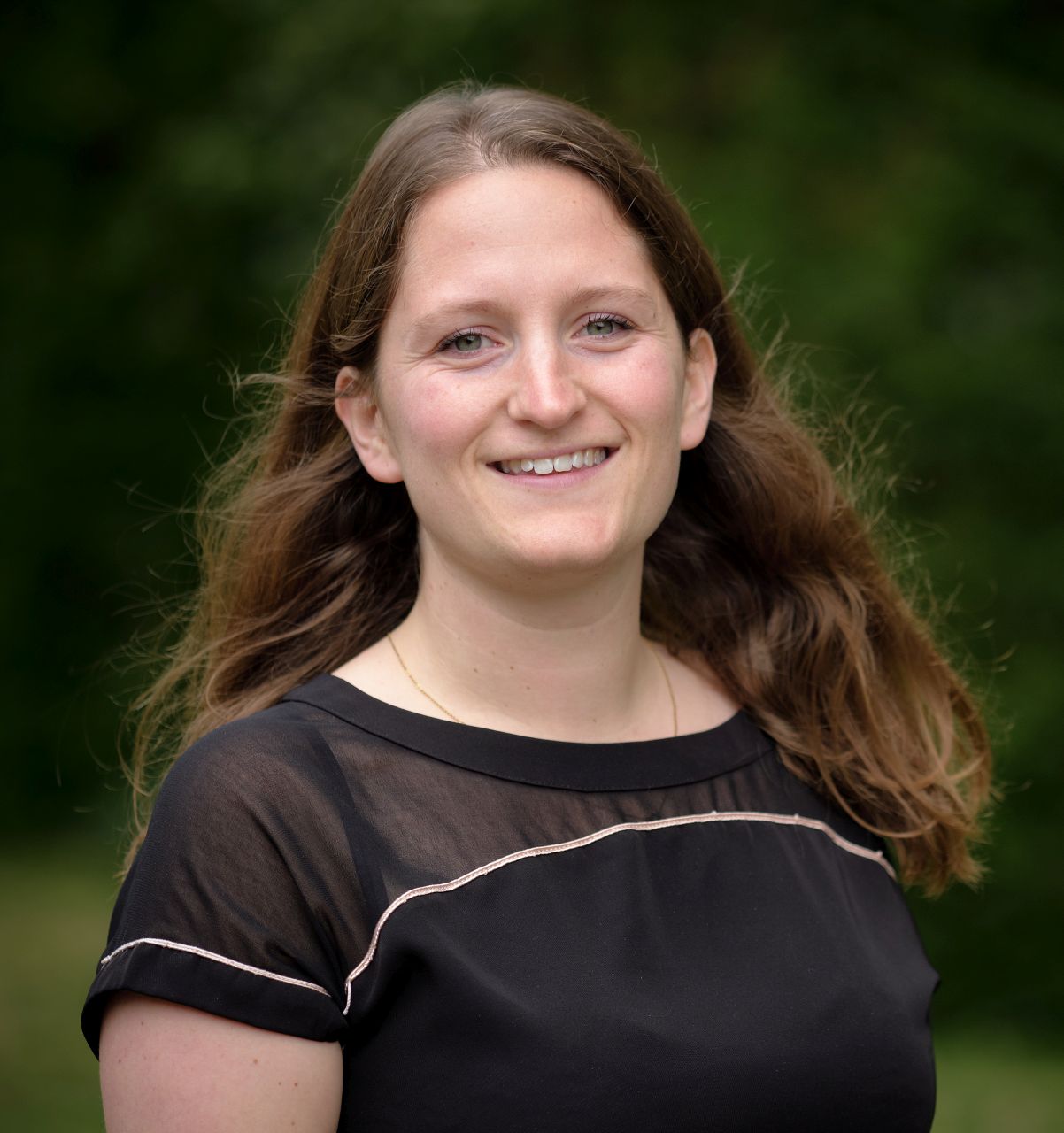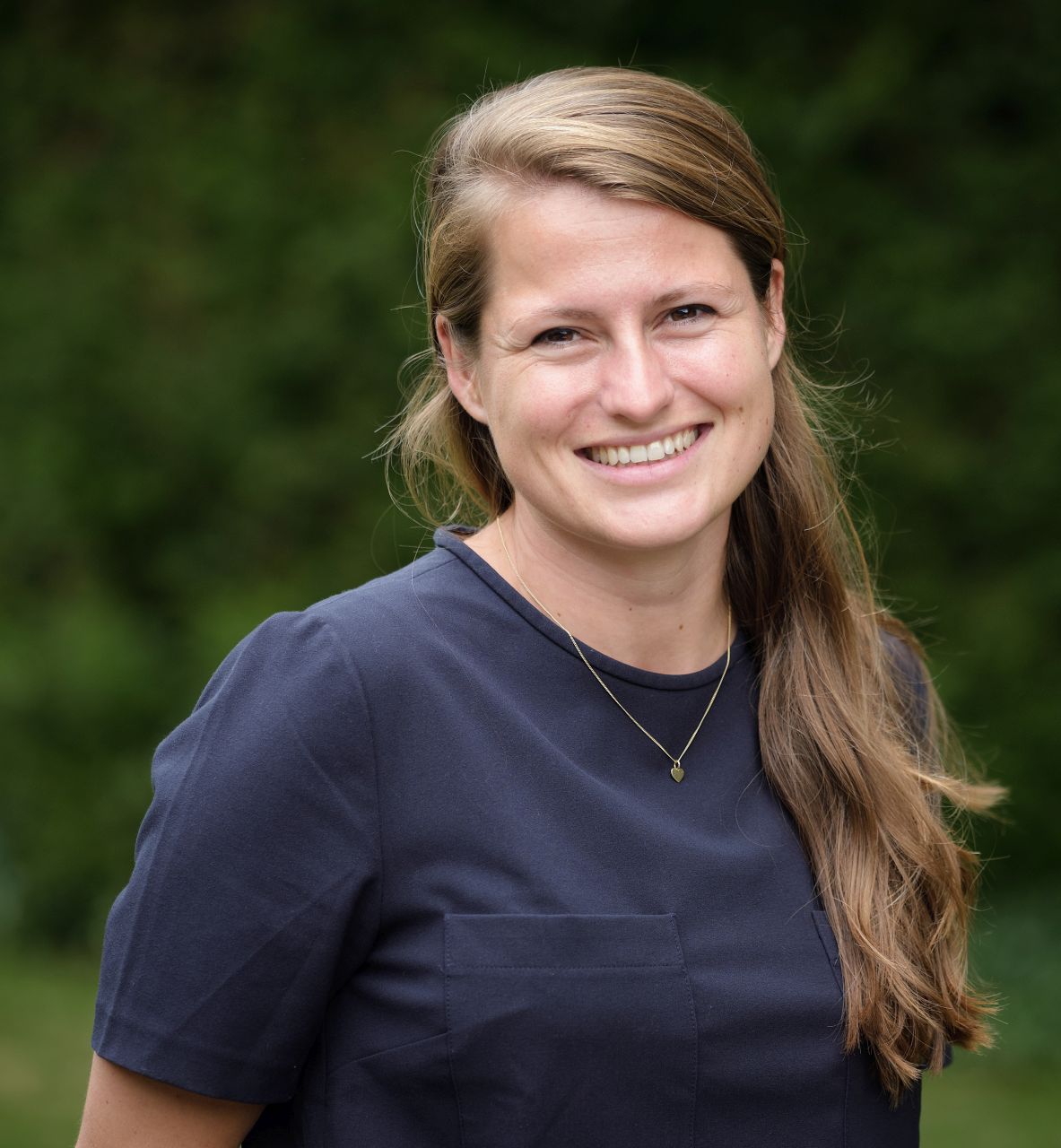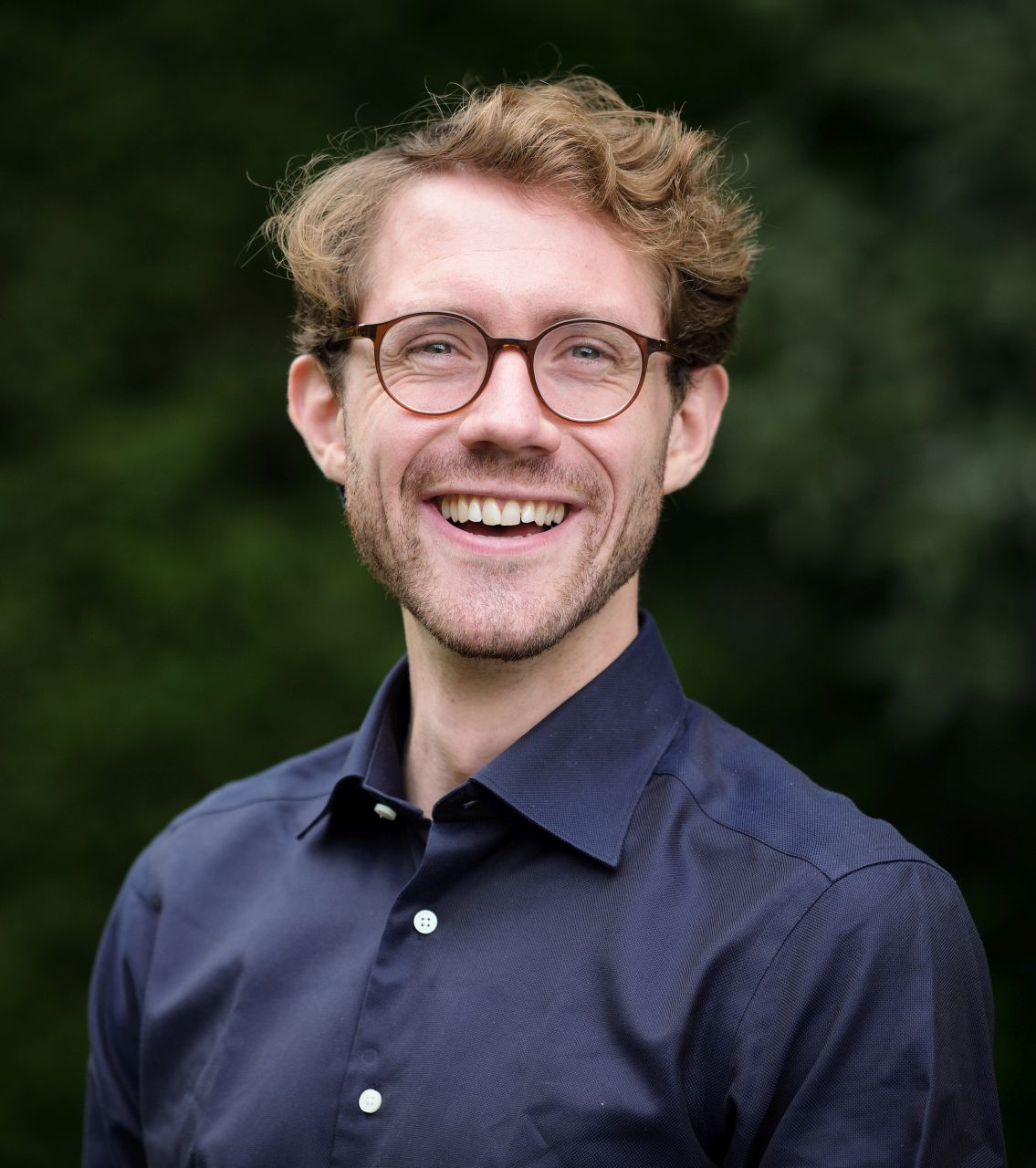
National Think Tank: a think tank and a do tank
From learning modules for primary schools to a ‘Fixer-Upper Day’ and from a platform for returning broken electronic devices to a call to government: the National Think Tank has presented ten solutions that should help create a circular economy. We spoke to three Leiden members of the Think Tank about their projects.
Officially, their time at the National Think Tank is up. For four months Fabian, Elsemieke, Eveline and 17 other fresh or soon-to-be fresh graduates threw themselves into answering the question of ‘How do we speed up our transition to a circular economy?’ The three Leiden students or graduates already talked about how they were trying to find an answer to this. Now ten practical solutions have been put forward that will make a big difference to the reuse of raw materials and products.
Sustainability in the workplace
Elsemieke worked on the solution that has come to be called ‘WerkCE’ (pronounced: werk-se). It’s a toolkit for businesses, providing tips on how to make the workplace circular. ‘Many companies want to do “something about sustainability,” but don’t know how. WerkCE offers a helping hand. This could mean no longer providing plastic or paper coffee cups and getting people to use their own washable mug instead. Or not giving your employees a brand-new phone but a refurbished one instead.’ The first companies started using the toolkit in November, she explains. ‘And the response is positive: the tips are useful and easy to implement, so hopefully we’ll be able to fire the enthusiasm of more companies.’
Call to government
Eveline worked on WerkCE and was also involved in another project: the Circular Appeal. ‘If we really want to shift to a circular economy, the government must take the lead. In the Circular Appeal we have come up with three points that will enable the government to actually take on this role.’ Eveline lists these three points: ‘First practice what you preach: make sure the planned renovation of the Binnenhof is carried out in a circular way. Second: include circularity in the climate agreement. At present, that is only directed at reducing CO2. And finally, we propose a change in taxes. At the moment, it’s cheaper to produce waste than to reuse raw materials.’
They decided on the points after having talked to various groups ranging from environmental organisations to waste-management companies. ‘I saw so many people in different areas who were enthusiastic about this topic. That’s a great motivator.’
Text continues after the photos
-

Eveline Kantor worked on the Circularity Campaign. '‘The government has to take the lead in the transition to a circular economy. -

• Elsemieke Meurs developed a toolkit for making the workplace sustainable. ‘Small changes can make a big difference.’ -

• Fabian Kemps Verhage came up with the Fixer-Upper Day. ‘Why replace something when you can have it repaired instead?’
Repair rather than replace
Fabian and a group from the Think Tank focused on developing a campaign to encourage people who aren’t environmentally aware to recycle. ‘That was how the idea for the Fixer-Upper Day came about. Lots of people immediately replace things like clothes, electronics and shoes if they break, despite there being plenty of tradespeople who are perfectly able to repair them. And it’s often much cheaper too. With the term “Fixer-Uppers,” we want to draw attention to these tradespeople.’ Fabian and his team came up with the idea of a Fixer-Upper Day, which will take place on 16 January 2019. They are employing various methods to encourage people to have things repaired rather than throw them away. ‘We are going to companies and schools to collect things that people want to have repaired. And we’re sending the fixer-uppers themselves to people’s workplaces, so they can get their shoes repaired right then and there. And if you share a photo of your repaired device or article of clothing on social media with #opknapper (Dutch for fixer-upper), you stand to win back the cost of the repair!’
Still working
Their time on the National Think Tank has long passed, but that doesn’t mean they’ve stopped working on their projects. Fabian is still busy arranging the Fixer-Upper Day and Eveline recently sent a letter to various parliamentary groups.
‘The first steps towards implementing a solution have in many cases already been taken or the pilot is up and running. The project is in progress, so someone has to continue to be involved,’ says Elsemieke. ‘We discussed this at an early stage already: whether we wanted to continue with the project after the National Think Tank.’
Not just thinking but doing
These three enthusiasts are by no means finished. ‘It’s such an inspiring and informative process. You learn a lot from the coaches who help you, also about yourself,’ says Eveline. ‘But also about the work that you do for the Think Tank. You test out your ideas with an expert. You learn all about how to start a discussion with others.’
‘And that you really can approach anyone with a question or idea,’ Elsemieke adds. The young brainpower that the National Think Tank brings forth is valued by the partners that they work with. Fabian: ‘I also really learnt how “to do”. I worked as a researcher before, but have now become much more pragmatic.’
Eveline: ‘It’s not just a Think Tank: more than anything it’s a do tank!’
Ten solutions for a circular society
The three projects in the article illustrate the three directions in which the National Think Tank seeks to find solutions each year: changing policy, generating awareness and developing new initiatives. The remaining seven solutions can be found at www.ndt18.nl.
